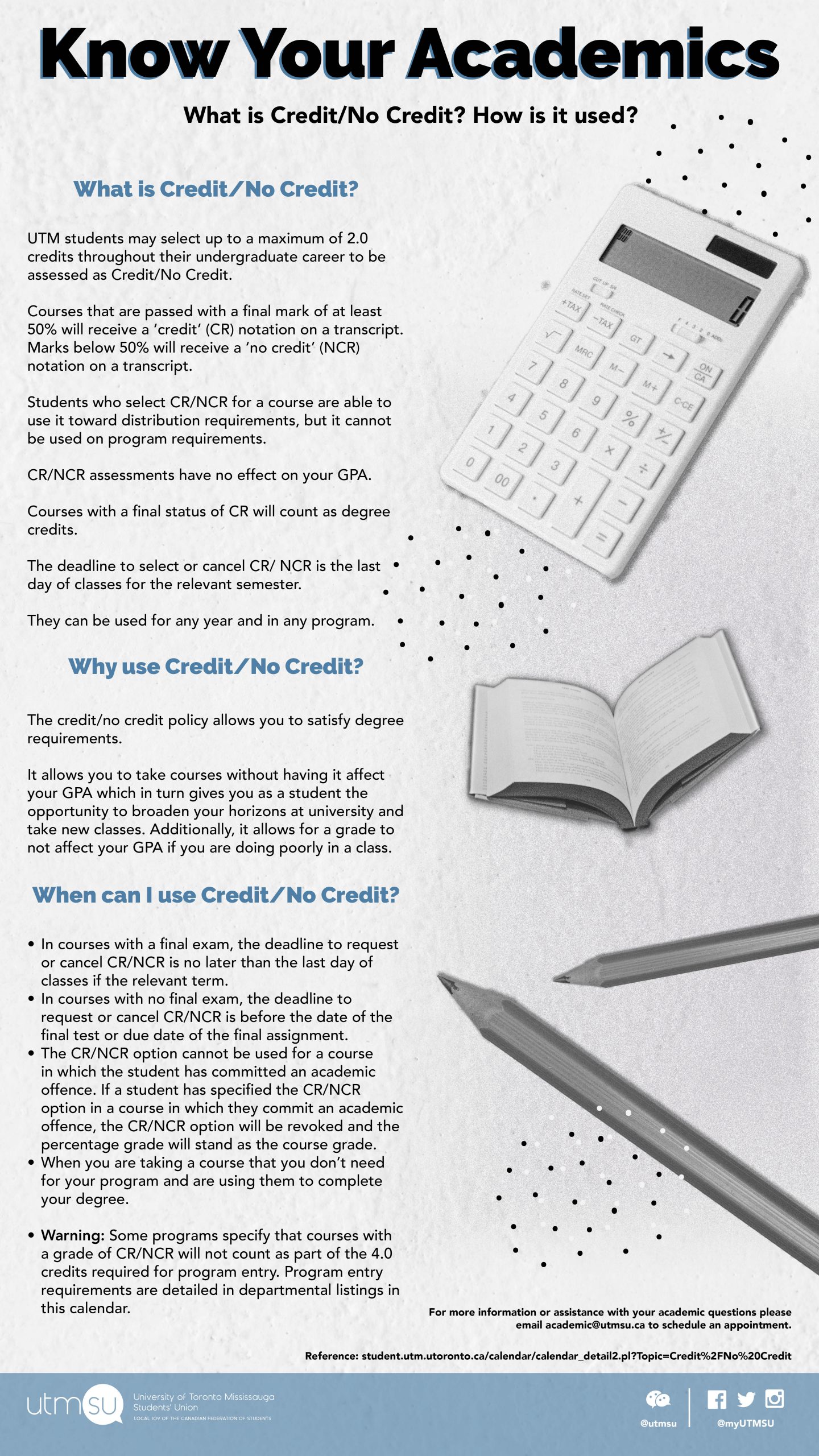This is a meeting with the Tribunal. This meeting only occurs in no decision can be reached by the Dean, or you enter a not-guilty plea.
Important note for tribunal: UoT will bring a lawyer to represent them, you should also bring a lawyer to represent you. Check out Downtown Legal Services for a free lawyer to assist you in your case. Do not go to the tribunal without a Lawyer. At the tribunal level, you can be permanently expelled.
The process for prosecuting an alleged academic offence begins with the laying of a charge by the Provost against the student. This is done when the student does not admit guilt; when the sanction desired is beyond the power of the dean to impose; when the student has been found guilty of a previous offence; or when the student is being accused simultaneously of two or more different offences involving more than one incident. Notice of the charge shall be in writing, addressed to the student, signed by or under the authority of the Provost and filed with the Secretary. It must contain a statement of what the student is charged with and contain sufficient evidence to allow the student to understand what and why they are being charged with said offence.
- Once the Secretary receives receipt of the charge they will determine when the tribunal will take place.
- The prosecutor (lawyer) hired by the university then has to prove that an offence has indeed been committed. The student is not required to testify at their tribunal.
- The members of the Trial Division of the Tribunal who decide on the punishment shall consist of a Senior Chair, at least two Associate Chairs and at least fifteen co-chairs, appointed by the Academic Board.No member of the Trial Division of the Tribunal shall be a full- time student or a full-time member of the teaching staff or a member of the administrative staff.
- The Tribunal shall,
(i) hear and dispose of charges brought under the Code;
(ii) report its decisions for information to the Academic Board;
(iii) make recommendations to the Governing Council for punishment according to the code.
- Once the tribunal agrees on a charge, they assemble a panel to be the decision-makers of the charge. Similar to a jury. Hearings in the Trial Division of the Tribunal shall be by a hearing panel composed of three persons, of whom one shall be a student, one shall be a faculty member and the third shall be the Senior Chair, an Associate Chair or a co-chair of the Tribunal.
- At trial hearings of the Tribunal, the chair of the hearing shall determine all questions of law and has a vote on the verdict and sanction; and the panel shall determine all questions of fact and render a verdict according to the evidence.
- The verdict of a panel need not be unanimous but at least two affirmative votes are required for a conviction.
- The decision of the panel does not need to be unanimous but at least two affirmative votes shall be required for a conviction. If there are not two affirmative votes the charges are dropped.


